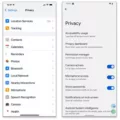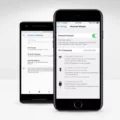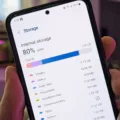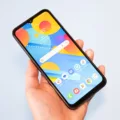Android is one of the most popular mobile platforms available today and it offers a great way to stay connected and secure. One of the best options for protecting your privacy and data is to use a Virtual Private Network (VPN). A VPN will encrypt your internet connection, allowing you to browse safely and securely without any prying eyes.
Setting up a VPN on Android is fairly simple, but there are a few things you should know before getting started. Here’s what you need to know about setting up a VPN on Android:
1. Choose the Right VPN Protocol: The first step in setting up a VPN on Android is choosing the right protocol. There are several different protocols available, including OpenVPN, L2TP/IPsec, and PPTP. Your choice will depend on the security requirements of your specific use case and the features that you need from your VPN provider.
2. Find a Reliable Provider: You should choose a reliable provider for your VPN as this will ensure that your connection is secure and that your data remains private. Take some time to research providers before making your decision as there are many different companies offering various features and plans.
3. Download & Install the App: Once you’ve chosen a provider, download the app from Google Play Store or from the provider’s website. Follow any instructions provided by your provider for installing their app on your device.
4. Enter Your Login Credentials: Once you’ve installed the app, enter your login credentials provided by your provider into it so that it can connect to its servers securely and start protecting you online.
5. Connect to Your Desired Server: After entering your login credentials, select which server you want to connect to in order to get started with using your VPN on an Android device quickly and easily!
Using a Virtual Private Network (VPN) can help keep you safe online while giving you access to content no matter where in the world you are located! Setting up a VPN on an Android device only takes a few minutes if done correctly – just make sure that when selecting a provider, choose one that fits all of your needs!
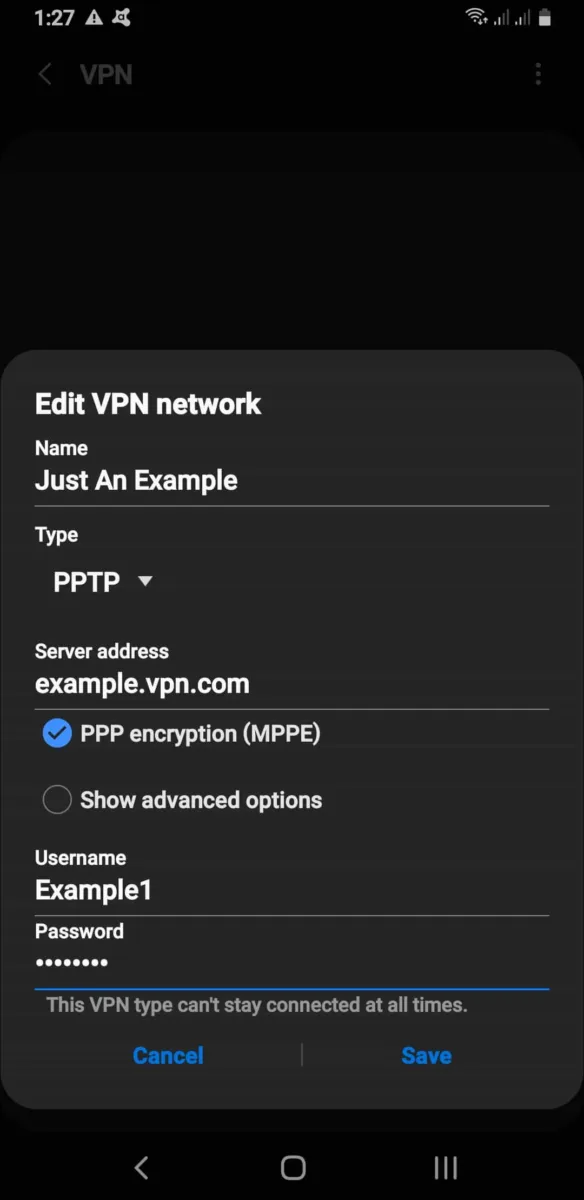
Is a VPN Free on Android Devices?
Yes, Proton VPN offers a free application for Android that allows unlimited data usage. With this app, you can browse the web as much as you want without worrying about running out of free data. The app is easy to download from the Google Play Store and requires no signup or registration. Once you have it installed, you can connect to any of their servers located around the world for secure and private browsing.
Does Samsung Include a Built-In VPN?
Yes, Samsung provides a built-in VPN client. This client allows users to create secure connections to remote networks and websites. To access the VPN, users must go to the Settings app, then select Connections > More Connections > VPN > Add VPN. Once the appropriate options are selected, the user will be able to connect to the desired network or website using the Samsung-provided VPN client.
Is Installing a VPN on Android Safe?
Yes, it is perfectly safe to install a VPN app on your Android device. A VPN, or virtual private network, provides an encrypted connection between your device and the internet, meaning that your data is kept secure from tird parties. This makes using public Wi-Fi networks much safer, as well as allowing you to access geographically restricted content and bypass censorship.
When selecting a VPN for Android, it’s important to choose one that offers reliable and trustworthy security measures. Look for features like military-grade encryption protocols and a no-logging policy to ensure your data remains private and secure. Additionally, make sure the provider operates its own servers rather than relying on third parties; this will ensure your privacy is more effectively protected.
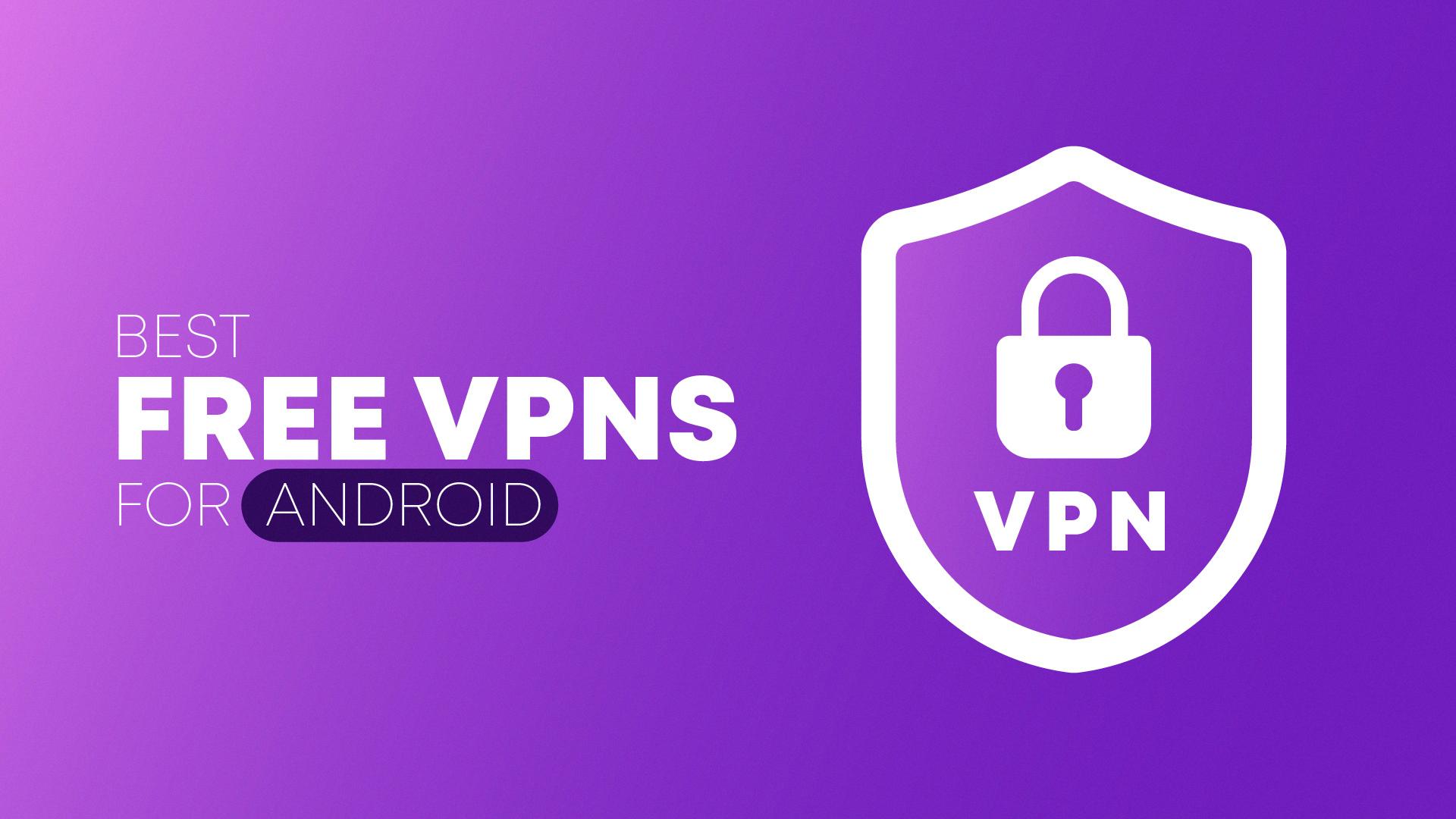
Source: theadreview.com
Setting Up a VPN on a Samsung Phone
Setting up a VPN on your Samsung phone is quick and easy! Here is a step-by-step guide to getting you started:
1. Open Settings.
2. Tap Connections.
3. Tap More connection settings, or on some devices More networks.
4. Tap VPN.
5. Tap the More icon (three vertical dots) or on some devices, you may see a + sign.
6. Tap Add VPN profile to create your new profile and enter the information provided by your VPN service provider, such as name, type, server address, and other credentials required for authentication.
7. Once all your information is entered, tap Save to save the new profile and connect to the VPN network using your new connection profile by tapping the On/Off slider switch next to it in the list of available connections.
8. You can now use the network safely and securely with all traffic being routed through the secure tunnel of your virtual private network (VPN).
When Is It Beneficial to Use a VPN on My Phone?
You should use a VPN on your phone whenever you’re connected to an unsecured network, such as public Wi-Fi. By using a VPN, all of the data that is sent between your phone and the internet is encrypted, meaning that any malicious third parties can’t read or intercept it. This provides extra security and privacy when browsing online. Additionally, using a VPN can also help you access to content that may be restricted in your region.
Understanding How a VPN Works for Beginners
A VPN is a Virtual Private Network that provides users with a secure and private connection over the internet. It does so by encrypting all data traffic sent through the network, making it unreadable to anyone who might intercept it. This means that your IP address and location are hidden, protecting your privacy and security when you use the internet.
For beginners, setting up a VPN connection is relatively simple. First, you need to sign up for a VPN service and choose a plan that suits your needs. Once you have selected your provider and installed their software on your device, you can connect to their servers. When connected, all of your data traffic will be encrypted and routed through their secure tunnel. This will disguise your IP address so no one can see where you are located or track what websites you visit online.
Using a VPN is also beneficial in terms of security as it helps protect against external attacks such as hackers or malware. In addition, some VPNs offer additional features such as access to geo-restricted content or anonymous browsing options which can be useful depending on what you need from the service.
Average Cost of VPN Per Month
The cost of a VPN per month can vary depending on the provider and the plan you choose. On average, monthly plans typically cost between $10-13, although some providers offer discounted rates for longer contracts. Annual plans typically range from $5-9 per month when broken down, while two-year contracts are often the most affordable option at an average of $3.40 per month. Some providers also offer free trial periods and discounts for larger groups or businesses. Ultimately, it’s important to shop around and compare different plans to find the best deal for your needs.

Source: github.com
Do I Need to Pay for a VPN?
Yes, you get charged for a VPN. The cost of a VPN varies depending on the service provider and the features they offer. Generally, the price range is between $3 and $20 per month, though some providers offer yearly plans as well. Some services may offer discounts if you pay for a full year in advance or if you refer friends and family to their service. It’s important to research all of your options before making your decision so you can find the best deal for your needs.
How a VPN Works on a Phone
A VPN, or Virtual Private Network, is a secure connection that allows you to access the internet without your data being exposed to third parties. On your phone, a VPN works by encrypting the data that you send and receive from the internet. This means that any data you send or receive will be unreadable to anyone except for the VPN server. All of your network traffic is then routed through this secure tunnel, allowing you to access the internet without worrying about anyone spying on or tracking your activity. Additionally, many VPNs can provide access to blocked websites and services, making them a great way to bypass censorship and geo-restrictions.
Conclusion
In conclusion, setting up a VPN on your Android device is easy and provides numerous benefits. It allows you to browse the web privately, securely, and anonymously. It also offers a great way to protect your data from hackers and other malicious actors. Furthermore, there are many free and paid options available for VPNs on Android, so you can find one that fits your needs and budget. Ultimately, using a VPN on Android is a great way to stay safe online and protect your data.


